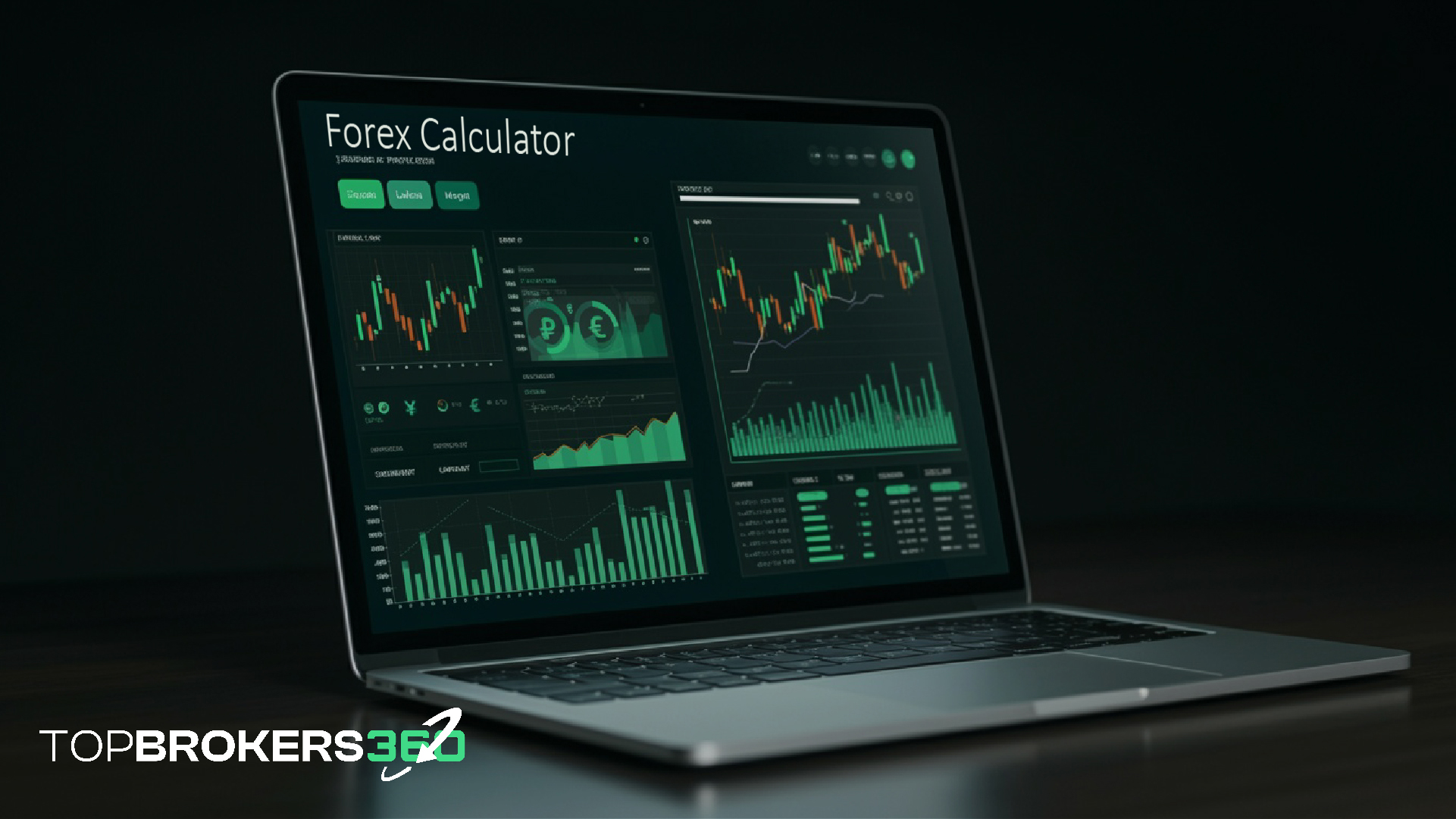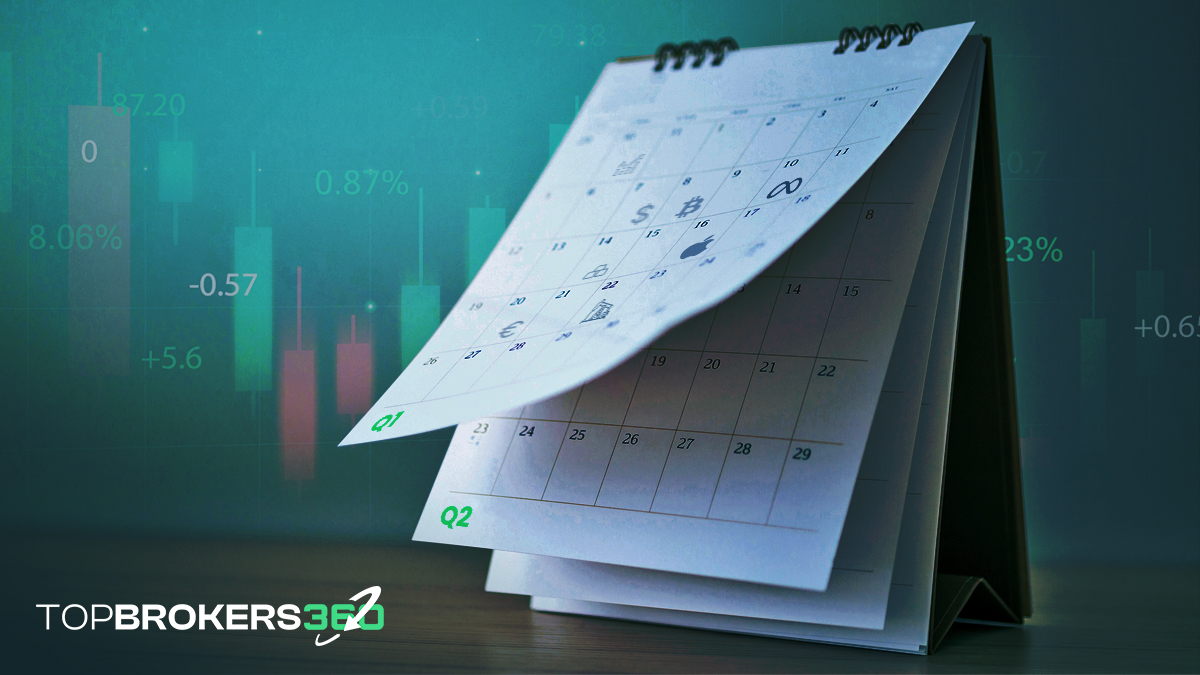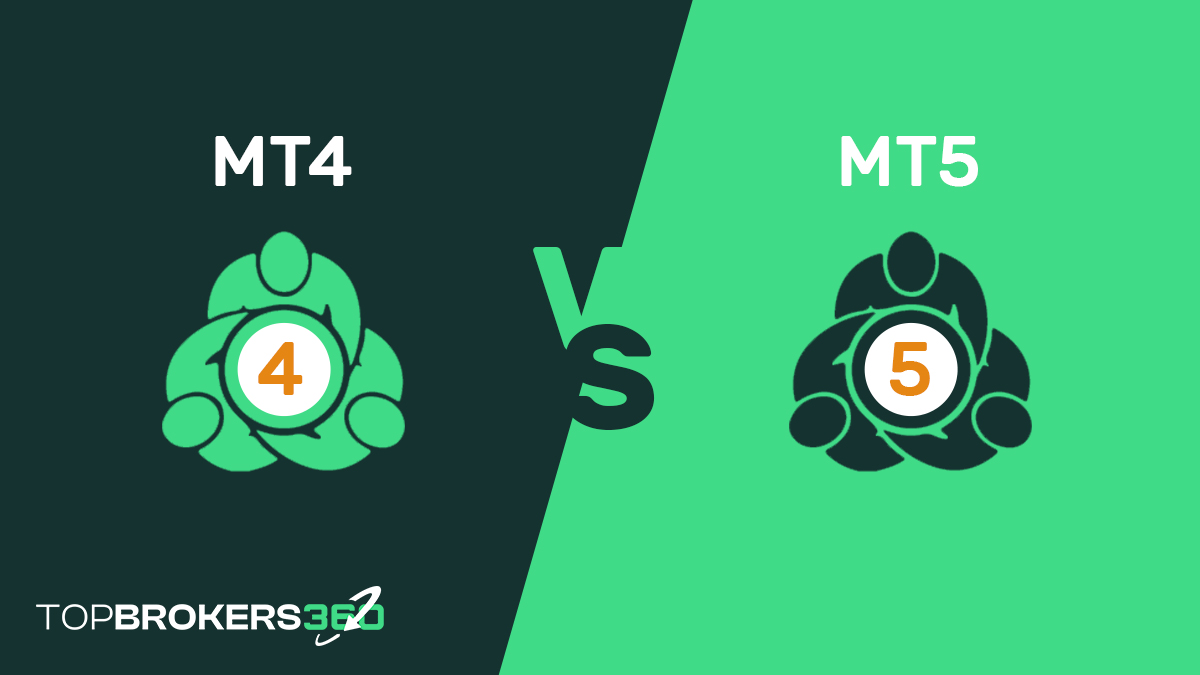- Successful traders learn from losses and manage them.
- Prioritize emotional management and trust your intuition.
- Focus on opportunities, not market cycles, and prioritize your own well-being.
Trading in the financial markets is a risky business, but with the proper rules, skills, and strategies, it can be a profitable one. However, not every trader will succeed, as each trader has different knowledge and skills, and some are luckier than others. So, what does it take to become a successful trader?
The key to becoming a successful trader is not in trying to win every time, but rather in learning from your losses. That's right, even the most profitable traders out there have experienced their fair share of losses. But what sets them apart is their ability to manage and minimize their losses, turning each setback into a valuable learning opportunity.
The 9 Golden Rules of Learning From Losses
Losses happen. But instead of dwelling on them or giving up, successful traders approach their losses with a growth mindset. After all, it's better to have a small loss than to risk a catastrophic one.
But how do you go about managing your losses?

1- Embrace a Growth Mindset
Recognize that losses are an inherent part of trading. Approach them as valuable learning opportunities rather than failures.
2- Emotional Management
Avoid letting emotions like fear or greed dictate your trading decisions. Stay disciplined and composed, even in the face of losses. Revenge trading and over-trading are surefire ways to compound your losses and put your trading portfolio in jeopardy. Instead, trust your gut and take a step back if something doesn't feel right. It takes patience and emotional management, but it's worth it in the long run.
3- Trust Your Intuition
The market can be an emotional rollercoaster, but you can't let revenge trading take the wheel. Instead, focus on seizing opportunities and forget about market cycles. Even when times are tough, resist the urge to make psychological mistakes like over-trading or oversizing. They are not worth the risk of losing your hard-earned trading portfolio.
4- Prioritize Well-Being
Being in a good mood can enhance the flow of your trading choices, so it's crucial to trade when you are feeling your best. Luckily, numerous forex companies provide online tutorials to help you develop the right mindset for better trading decisions.
5- Keep a Trading Journal
Maintain a detailed record of all your trades, including entry and exit points, trade size, the reasoning behind the trade, and the outcome. Regularly review your journal to identify patterns, both in successful and unsuccessful trades. This self-reflection can help you pinpoint areas for improvement.
6- Backtesting and Analysis
Conduct thorough backtesting of your trading strategies using historical data. Analyze past trades to identify common mistakes or weaknesses in your approach. This data-driven approach allows you to refine your strategies and adapt to changing market conditions.
7- Seek Mentorship
Learning from experienced traders can significantly accelerate your progress. Consider finding a mentor or joining a trading community where you can gain insights from others who have navigated the ups and downs of the financial markets. Their guidance can help you avoid common pitfalls.
8- Simulated Trading
Utilize demo accounts or paper trading to practice without risking real capital. Simulated trading allows you to test new strategies, assess their effectiveness, and learn from any losses incurred during the practice phase.
9- Continuous Education
As we always say, stay updated with the latest developments in the financial markets and trading strategies. Attend webinars, read books, and enroll in courses related to trading. Continuous learning ensures that you remain adaptable and informed.
In the world of trading, losses are an inevitable part of the journey. However, how you approach and learn from these losses can make all the difference in your trading strategy. The golden rule of trading is clear: prioritize learning from losses, manage emotions, and trust your intuition. By embracing these principles and exploring additional ways to refine your skills, you can become a more resilient trader. Remember, it's not about avoiding losses altogether but about leveraging them as stepping stones toward greater trading proficiency.





































![Weekly Economic Overview [05.07.24]: S&P 500, NASDAQ, Tesla, and Apple](https://www.topbrokers360.com/wp-content/uploads/2024/07/Weekly_Update_Thumbnail_5.jpg)

![Weekly Economic Overview [28.06.24]: US Stock Market Trends, Inflation Insights, and NVIDIA Analysis](https://www.topbrokers360.com/wp-content/uploads/2024/06/Weekly_Update_Thumbnail_4.jpg)


































